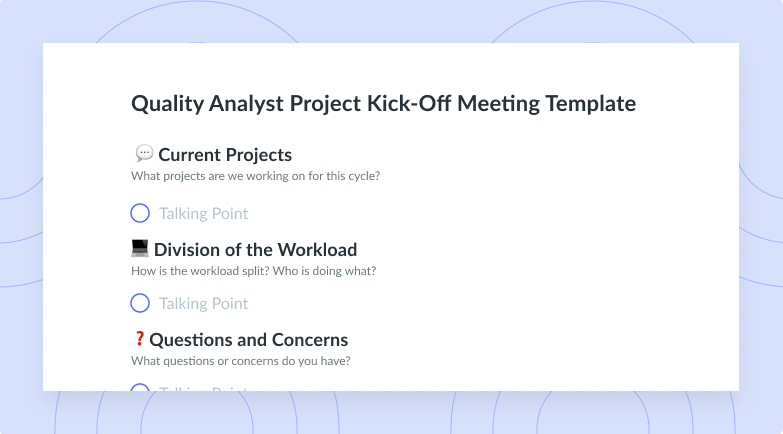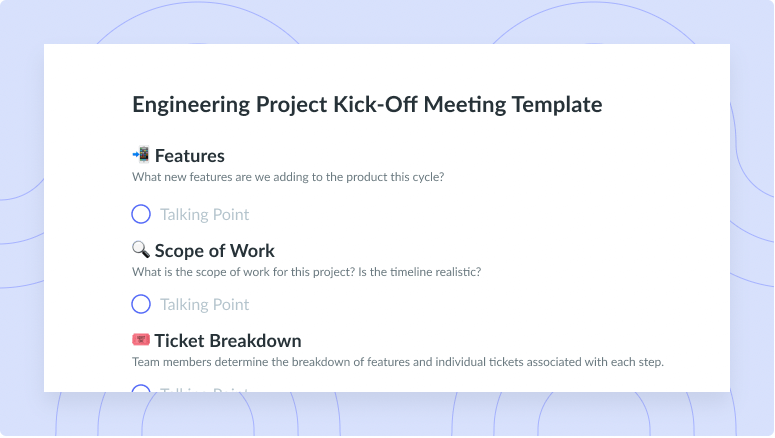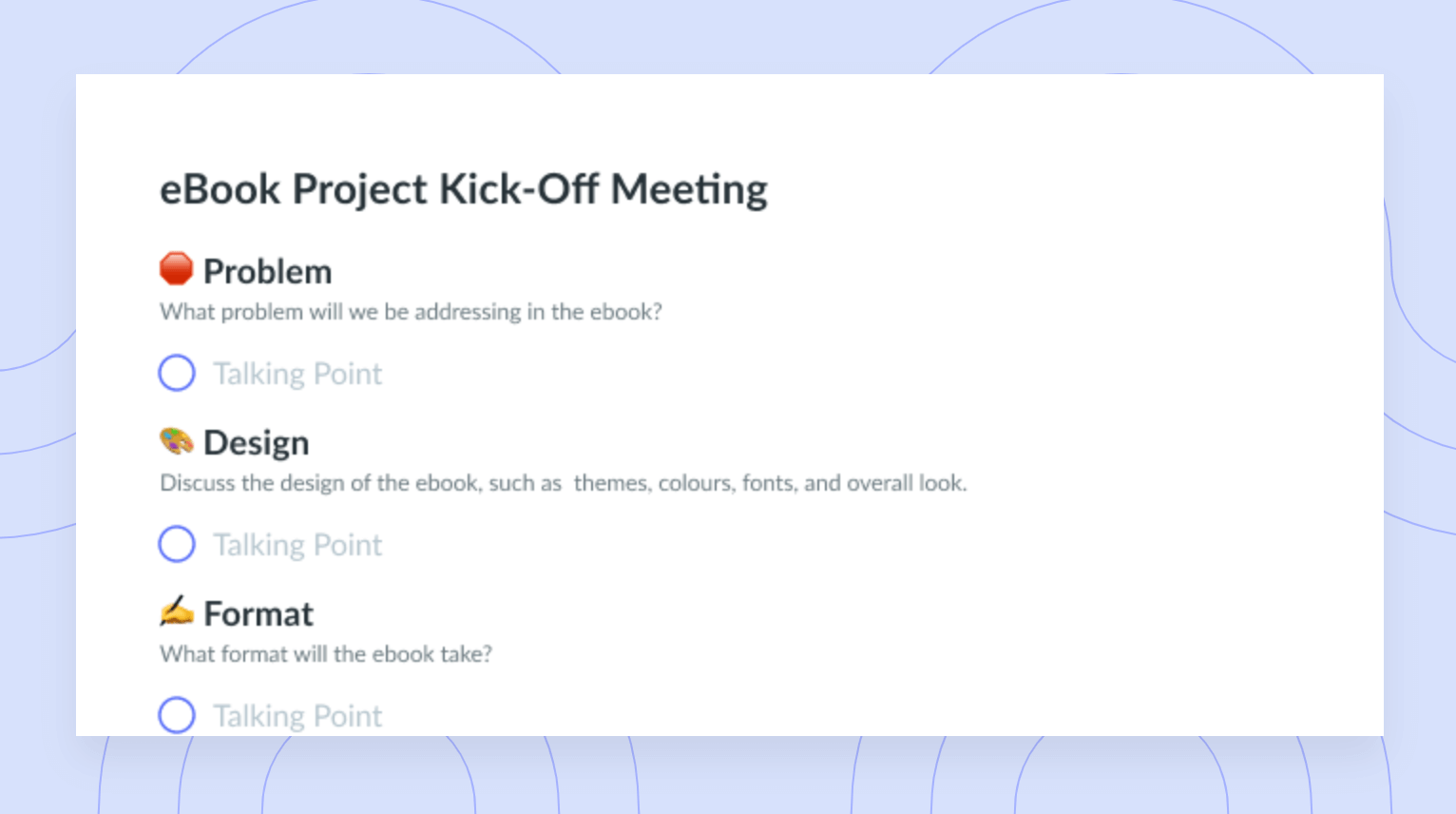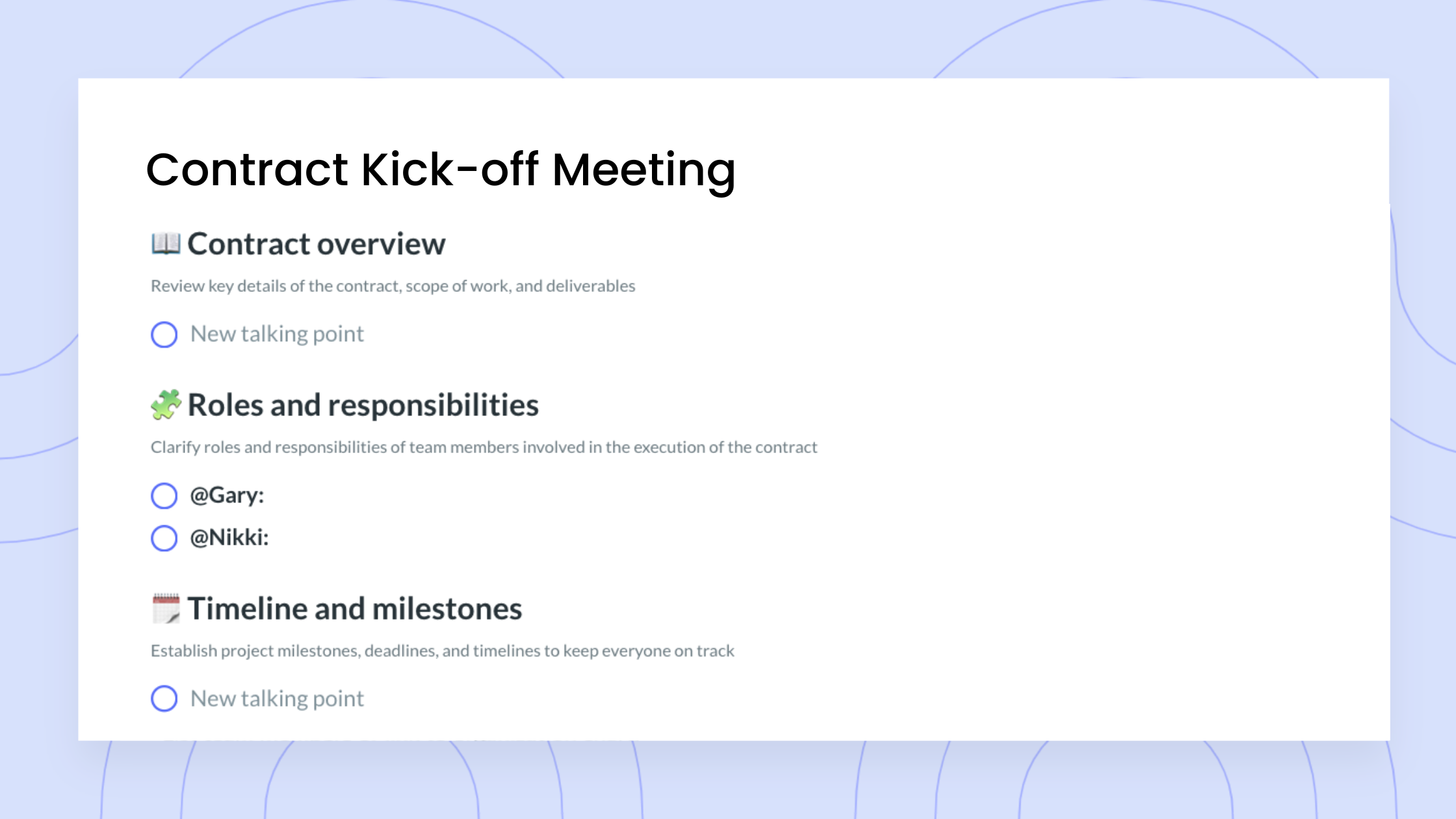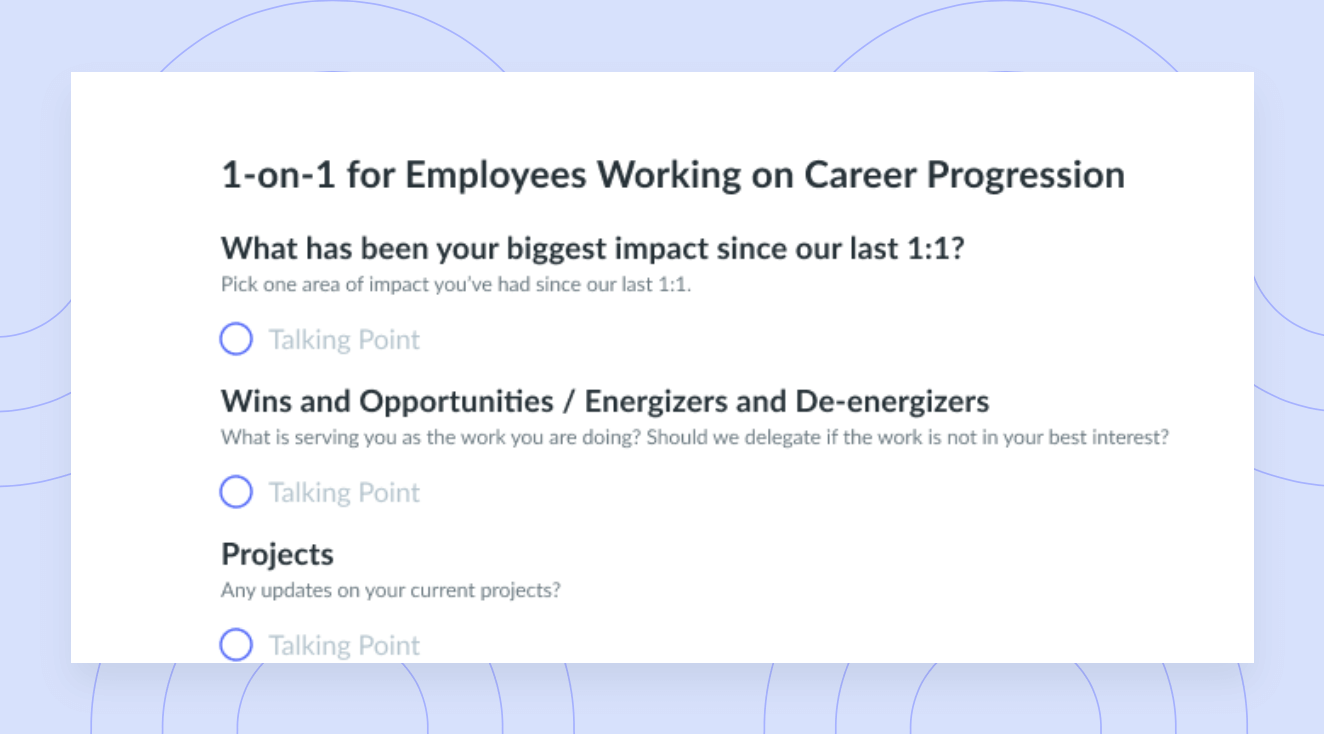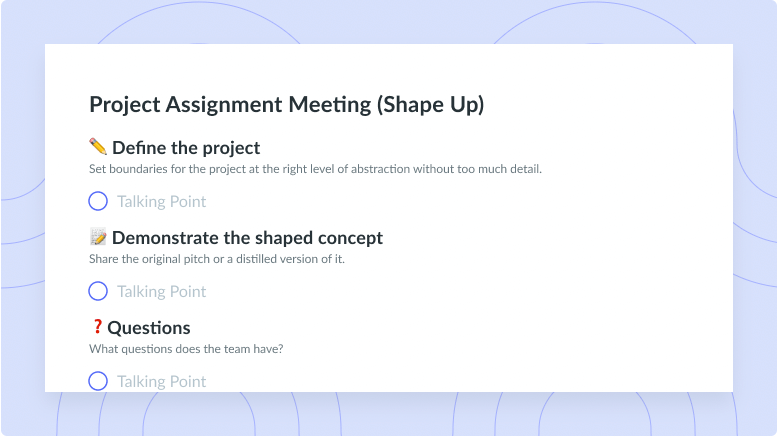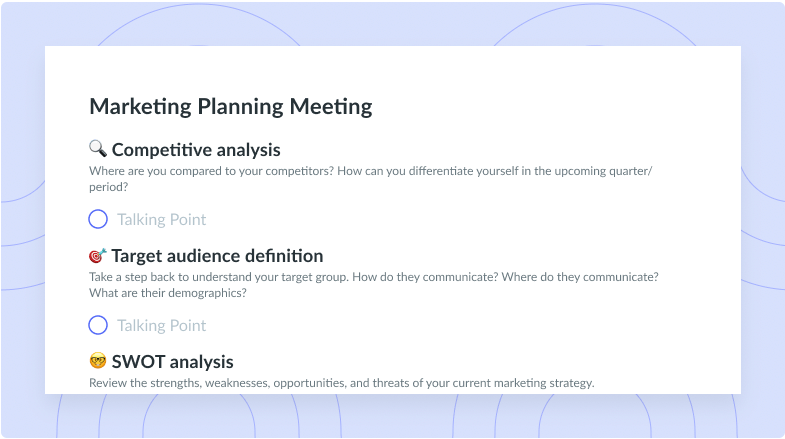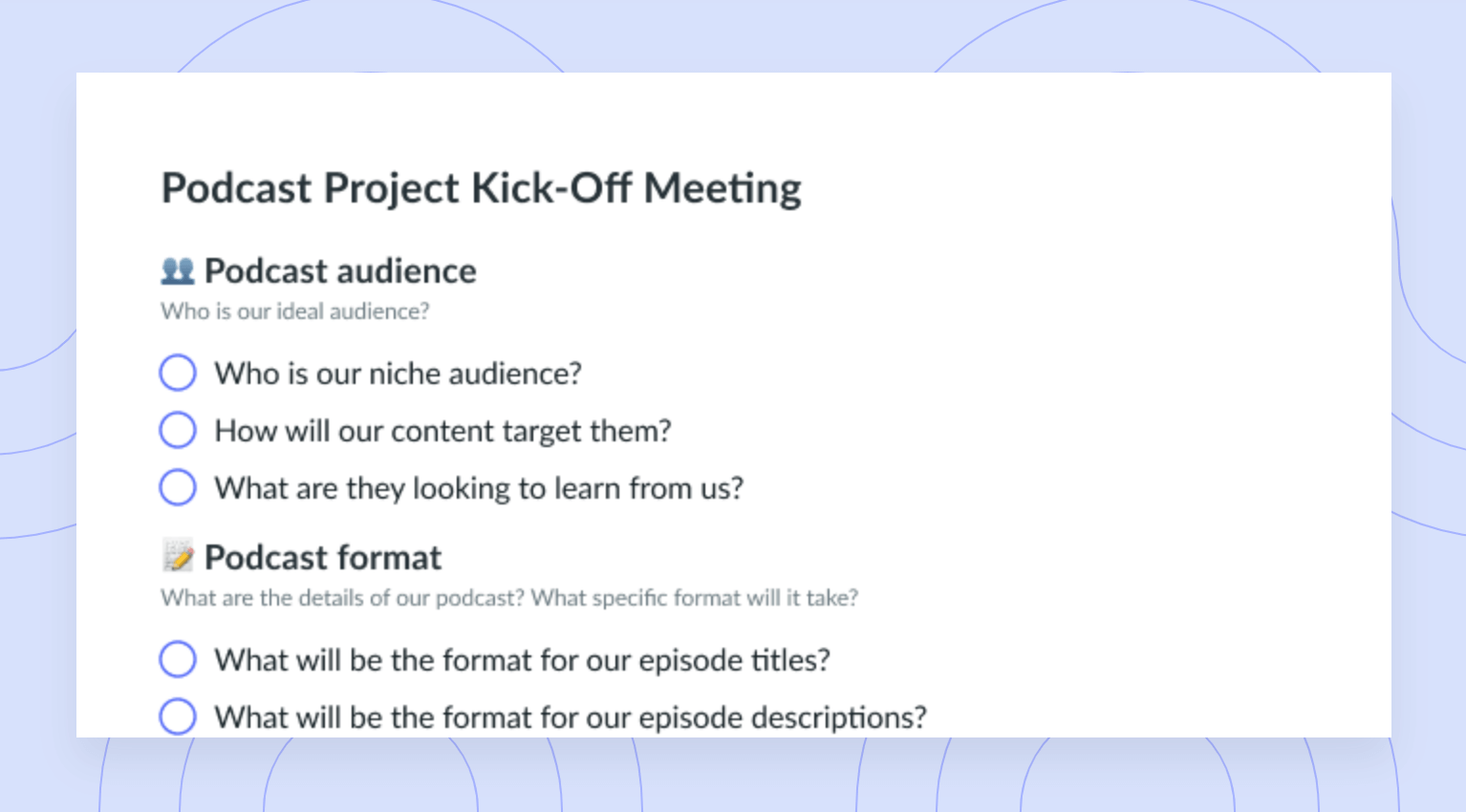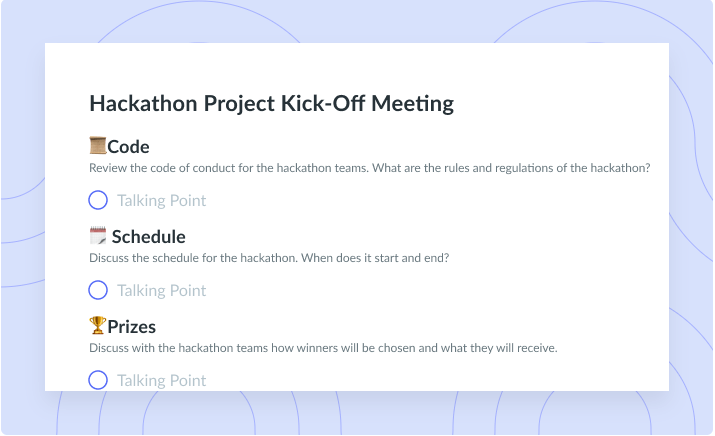How to Take Time Off From Work (Without Feeling Guilty)
Learn 9 signs you need a break from work and useful tips for how to take time off from work without feeling guilty.
Pushing through exhaustion might be noble on the movie screen, but we’re a little less resilient in the real world. Going too long without a break can have some serious consequences for your physical and mental health. The thing is, a leave of absence might be unthinkable to some. But trust us – it’s worth it in the long run if you want to keep doing your best work. Below are a few ways to take time off work and recharge your batteries guilt-free.
- Why do you need time off from work?
- How to take time off from work without feeling guilty
- 9 signs you need a break from work
Why do you need time off from work?
If you’re a real workhorse, you might be scoffing at the idea of a vacation. But time away from your desk can have some real benefits that can make you an even better team member in the long run. Here’s why you should take time off from work:
- Reduce stress
Stress isn’t necessarily bad; it’s our body kicking us into gear when we’re handling intense situations. It’s the thing that helps you meet strict deadlines or get away from danger. But it works best in short bursts. If you’re under constant pressure for long periods of time, your body typically gets weaker. Alongside that, your nerves can get frayed to the point that you’re no longer enjoying the positives of your job. Taking a leave of absence can relieve that built-up pressure and help you avoid feeling overwhelmed at work.
- Get some rest
A good, long rest can give your body and mind a factory reset, freeing you from the stress you might face at work. That tension relief can mean that you’re better equipped to handle work stress when you return to your desk.
- Clear your head
A build-up of tension affects you like overflowing memory would affect a computer. Your response time is slower, you find it harder to solve problems, and you have trouble remembering anything else. Some vacation time can help you flush out any tension backed up in your mind and get it running on all cylinders.
- Be more productive
Less stress, ample rest, and a clear head are just what you need to bring your A-game to your personal and professional life. You’ll have more energy, feel more engaged, and be able to handle more without a build-up of stress holding you back.

Reap the benefits of an organized workflow
Avoid burnout with an organized workflow. Try Fellow’s uniform meeting templates, collaborative meeting agendas, and feedback tools to get your organized workflow started!
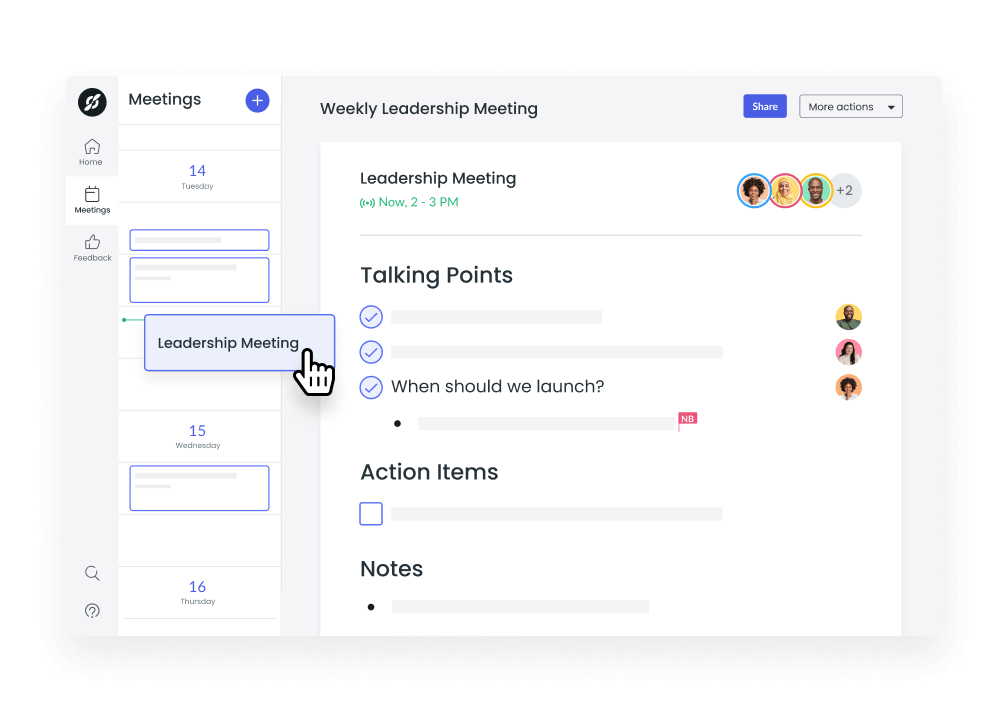
How to take time off from work without feeling guilty
While time off has some clear positives, actually requesting the time is easier said than done for some people. There’s nothing wrong with being loyal to your organization, but it’s harder to support it while straining your mind and body. Below are a few strategies to get a guilt-free paid vacation and continue being the best team member you can be.
- Plan the best time to take off
- Try to avoid asking during peak
- Explain why you need the break
- Set up an out-of-office message
- Make sure your work is covered
- Get completely caught up before you go
- Inform everyone who needs to know
1Plan the best time to take off
You’ll want to schedule your vacation during a slower part of the year and as far in advance as possible. Trying to get time off at the last minute is a tough sell by itself. Trying to get it when it’s all-hands-on-deck is just plain bold.
2Try to avoid asking during peak times
On a smaller scale, try to avoid requesting time off during peak work hours. Your manager likely has their hands full, and they might not have time to fully consider your request. Rather, consider asking for time off after peak times. If this is not possible, explain to your manager that you considered peak times but could not make another time work.
3Explain why you need the break
You don’t have to give a reason for taking time off, especially if you have vacation days, But you might as well keep one in mind. If anything, you’ll feel more confident asking for time off because the reasoning behind it is fresh in your mind. There’s no need to feel guilty if you know just how much the vacation will help you.
4Set up an out-of-office message
Even if you’re eager to leave work, you shouldn’t be so quick out the door that you neglect your inbox or voicemail. The last thing you want is to come back to a tide of confused messages wondering where you went. Make sure you turn on your out-of-office message to tell people you’re not available.
5Make sure your work is covered
Don’t leave your usual work to gather dust. It should still get done even if you’re not around to do it, so make sure there’s someone who can pick up the slack. You’ll be glad there isn’t a mountain of work to catch up on once you come back (and so will your manager, most likely).
6Get completely caught up before you go
Speaking of a mountain of work, make sure you’ve chiseled yours down to size before you take your leave of absence. After all, your responsibilities are probably vital within the organization. If you don’t do them, the rest of your team will have to add them to their task lists, which they might not appreciate.
7Inform everyone who needs to know
Your team, your clients, the human resources department, your manager. These are all people whom your absence can affect, so they all should know about it beforehand. Again, you don’t have to tell them why you need the break. But the amount of time you’ll be gone is definitely something you should share.
9 signs you need a break from work
Now, you know how time off can help you, and you know how to ask for it. The only question left to ask is, do you need a break? It can be genuinely hard to tell, especially if you’ve been dealing with stress for a long time. But chronic stress has some telltale signs. If you recognize any of the ones below, your body might be trying to tell you something.
- Your eating habits change
- You start disliking your job
- You can’t concentrate
- You get sick more often
- You have no energy
- You get a short temper
- You get aches and pains
- Your work performance slips
- You withdraw socially
1Your eating habits change
Short bursts of stress can entirely shut down your appetite, but if you’re under constant pressure, it does the opposite. Your brain can start to produce more cortisol, a chemical that tells you to eat more, and that’s just what you’ll do. So if you catch yourself snacking often, stress might be the cause.
2You start disliking your job
Burnout isn’t an official medical term, but it’s still an accurate description. Constant work and stress can burn away at the enjoyment you get from your job until you stop enjoying it entirely.
3You can’t concentrate
High stress often equals low motivation at work, which can make it difficult to concentrate on your work – you’d rather be doing anything else. If your thoughts drift a little too much or you have to consciously not look at your phone, the stress might be getting to you.
4You get sick more often
Stress can weaken your immune system, making it less effective at fighting off sickness. This might seem like a problem that solves itself because you can use your sick days to rest. But do you really want to spend your long overdue break nauseous?
5You have no energy
Stress can lead to emotional exhaustion, a lack of motivation, and physical exhaustion. Getting a good night’s rest with frayed nerves and racing thoughts can be nearly impossible. So, if you’re dragging yourself to work, it might be time to take a break.
6You get a short temper
You don’t just get frustrated while doing your work; everything starts to agitate you, even things that didn’t before. Stress chips away at the things you enjoy about your workplace until all that’s left are the little annoyances they helped you ignore.
7You get aches and pains
Putting the mental effects aside, chronic stress can do a number on your body. Live with it long enough, and you could start having stomach issues, tension headaches, and other symptoms that can make you feel ten years older.
8Your work performance slips
You’re unmotivated and dealing with tons of new aches across your body. It’d be surprising if the quality of your work didn’t dip a little. And sure, it’s possible to turn in work that’s below your usual standards from time to time. But it’s often a sign of stress if this is happening all the time now.
9You withdraw socially
The longer burnout goes on, the more you risk it seeping into your social life too. That means getting irritated at people for things that didn’t bother you before and not having the energy to be as polite as normal. Of course, everyone has those days, but stress can make that every day. And taking time off from work can be a great solution.
Rest is not wasted time
But! It’s important that you dot your i’s and cross your t’s before you head out the door. This way, your team is prepared for your extended absence. With Fellow, you can plan, hold, and follow up on highly collaborative meetings to guide your team through your responsibilities before you go. That’s one less thing to worry about while you’re on vacation.









